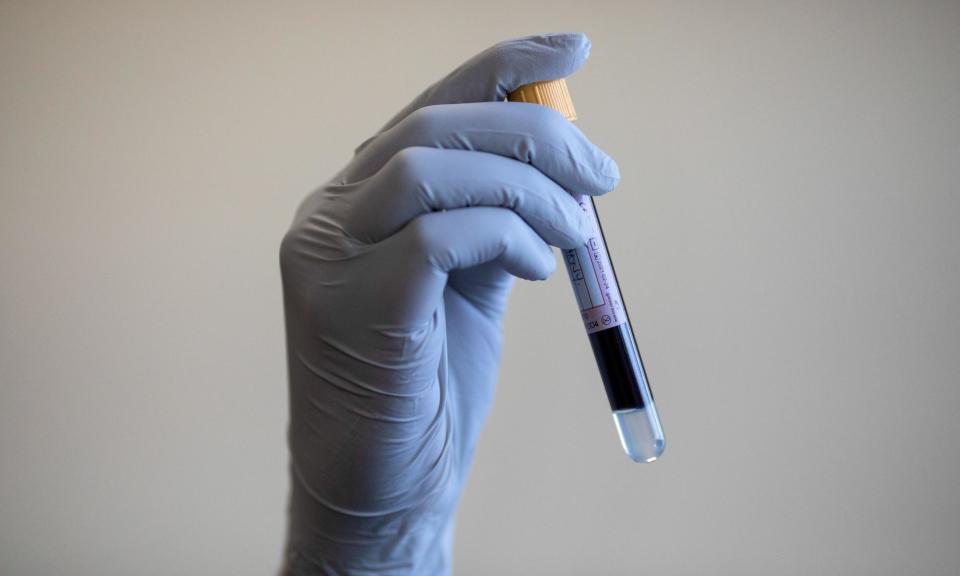Prostate cancer screening methods trialled in ‘pivotal moment’

Methods of screening men for prostate cancer will be trialled in an attempt to save thousands of lives in the UK each year, in what has been hailed as a “pivotal moment” by experts.
The £42m project, known as Transform, will compare various screening methods to current NHS diagnostic processes, which can include blood tests, physical examinations and biopsies.
Prostate cancer is the most common form of the disease without a screening programme, with an estimated 12,000 lives lost to it in the UK each year.
Previous trials that used prostate-specific antigen (PSA) blood tests and biopsies to screen for the disease showed the method prevented between 8% and 20% of deaths, depending on screening regularity, according to Prostate Cancer UK, which is funding the project.
Transform has the potential to reduce deaths by 40%, the charity said.
It is also hoped the research will help men avoid harm from potentially unnecessary biopsies and treatment.
Dr Matthew Hobbs, director of research at Prostate Cancer UK, said: “We know that earlier diagnosis saves lives, but previous trials haven’t been able to prove that enough men would be saved using PSA tests alone, while they did show that these old screening methods caused significant unnecessary harm to men.
“We must now prove that there are better ways to find aggressive prostate cancer that will save even more lives while causing less harm.”
The first phase of Transform will involve about 12,500 men and will assess methods including PSA blood tests, genetic testing and a faster version of the MRI scan – known as a Prostagram – against current NHS diagnostic methods to see which performs best.
The trial’s second stage, involving up to 300,000 men, will test the most promising options from stage one of the trial.
Initial results from Transform are expected in three years.
Researchers are aiming to make the trial as accessible as possible, recruiting patients through GPs across the whole of the UK from next year.
At least one in 10 patients who are invited to take part will be black as men from that ethnicity carry double the risk of being diagnosed than other men.
Hobbs said the trial could also “change practice globally” with the number of lives saved potentially reaching tens of thousands each year.
He added: “This is a pivotal moment in the history of prostate cancer research and we’re proud to be leading the way, and to be supporting some of the best researchers in the world to make it happen.”

 Yahoo Sport
Yahoo Sport 





































